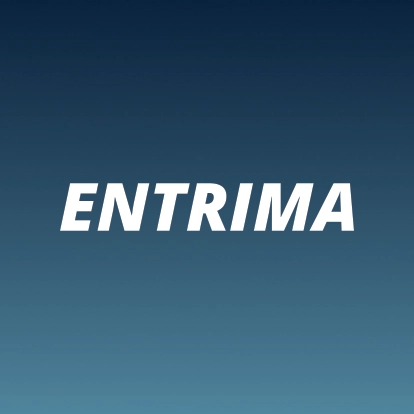
Training:
Oil – Asset-backed trading
Short description
Dynamically hedging of oil refining capacity.
Capacity
You act in the role of a (crude and products) trader at an oil company.
As an asset & portfolio trader you are responsible to hedge the exposure arising from the refinery.
You act in the capacity of aggressor.
Task
Your task is to setup a hedge (sell the crack spread (futures spread) short) at an attractive crack spread level. Thereafter, liquidate the hedge (buy back the crack spread) when the spread has decreased significantly. This way, sequentially, a new hedge can be setup (sell short a crack spread (futures spread)), preferably (again) at an attractive crack spread level. Thereafter the spread can be liquidated. And this process can be repeated over and over.
Note: Ideally, the liquidation of the crack spread position takes place when the spread has gone down to zero, or even negative. This, however, may not happen (soon). Alternatively, Delta-hedging is applied.
Objective
The aim of this simulation is manifold, amongst others to learn about dynamic hedging and to master timing.
Conclusion
At the end of the simulation, analyse your performance. See what you have done, at which price levels, and when you have done this and whether it could have been optimised. This way, you learn and optimise your competences.
